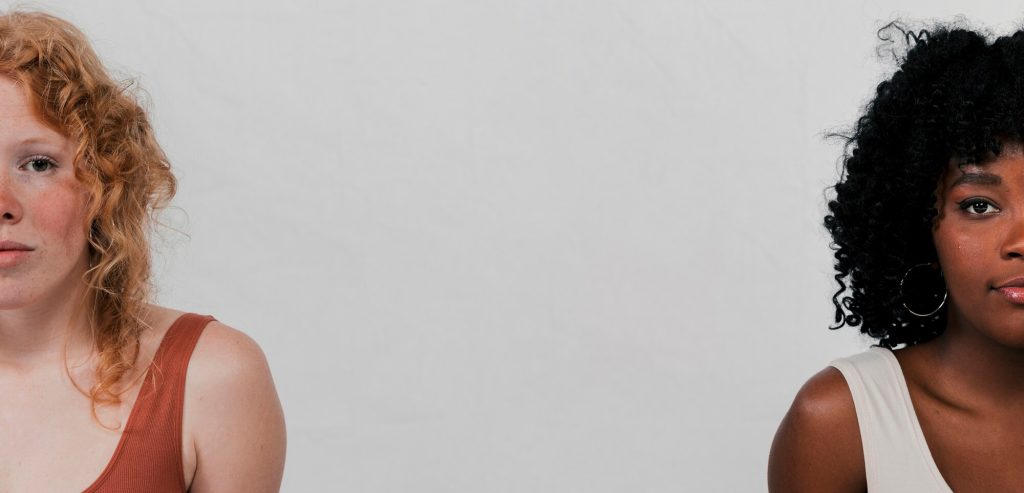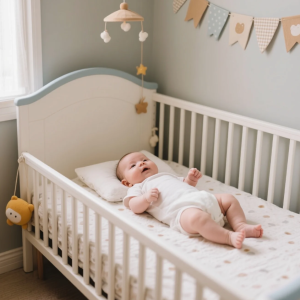
Bringing a new life into the world is thrilling, emotional, and—let’s be honest—a little chaotic. Between prenatal appointments, baby name debates, and sudden cravings for pickles at 2 a.m., packing your hospital bag can feel like a minor detail. But trust us, when those contractions kick in, you’ll be glad you took the time to pack thoughtfully.
So how do you prepare the perfect hospital bag? Forget the vague Pinterest checklists and outdated advice—this guide is the real deal. We’re covering exactly what you, your baby, and your partner actually need when heading to the hospital, with modern moms in mind.
Why Your Hospital Bag Matters (More Than You Think)
Let’s get one thing straight: labor doesn’t follow a schedule. Some babies arrive fashionably late, others prefer the surprise early entrance. That’s why packing your hospital bag by the 35th week of pregnancy is not just recommended—it’s smart. A well-packed bag can make you feel empowered, in control, and prepared for one of life’s biggest events.
Moreover, hospitals vary in what they provide. Some offer postpartum supplies and baby essentials; others hand you a diaper and a wink. Being prepared ensures your comfort, your baby’s needs, and your sanity are all accounted for.
The Three-Bag Strategy: You, Baby, Partner
To avoid digging through a giant suitcase while in labor (not fun), divide your packing into three separate bags:
- Mom’s Essentials
- Baby’s Necessities
- Partner’s Grab Bag
Keeping items organized by person and function helps avoid confusion, especially when you’re focused on, well, bringing a human into the world.
Mom’s Hospital Bag: What You Actually Need
Let’s start with you—the birthing powerhouse. Comfort, recovery, and a dash of sanity are the goals here.
1. Important Documents
- ID or Passport
- Insurance information
- Birth plan (if you have one)
- Hospital forms (pre-registration if applicable)
Keep these in a zippered pouch that’s easy to grab at check-in.
2. Clothing & Comfort
- 2–3 loose-fitting nightgowns or nursing-friendly pajamas
- Maternity robe for walking around or receiving visitors
- Non-slip socks or slippers
- Nursing bras or comfortable bralettes
- Postpartum underwear (high-waisted, breathable)
- Loose going-home outfit (think stretchy—not jeans!)
3. Toiletries
- Toothbrush and toothpaste
- Face wipes and moisturizer
- Hairbrush and hair ties
- Lip balm (hospitals are dry!)
- Travel-sized shampoo, conditioner, and body wash
- Deodorant
- Nipple cream (yes, start early)
4. Labor Aids
- Massage oils or lotion
- Birth ball (check if hospital provides one)
- Heat pack (for back labor)
- Music playlist and small Bluetooth speaker
- Refillable water bottle
- Snacks (think high-energy, like granola bars or dried fruit)
5. Tech Essentials
- Phone and charger (with a long cord!)
- Headphones
- Camera (if you’re not using your phone)
- Power bank

Baby’s Hospital Bag: Small Human, Big Needs
Newborns are tiny, but they come with their own checklist.
1. Clothing
- 2–3 onesies (newborn and 0–3 month sizes)
- A going-home outfit (weather-appropriate)
- Baby hat
- Scratch mittens
- Soft baby socks or booties
2. Diapering
- Newborn diapers (just in case the hospital doesn’t supply enough)
- Wipes (sensitive, fragrance-free)
- Diaper rash cream
3. Feeding
- Bottles (if not breastfeeding)
- Formula (if needed—some hospitals don’t provide)
- Burp cloths
4. Extras
- Soft swaddle or receiving blanket
- Baby’s first photo props (optional but adorable)
- Infant car seat (already installed in the car—non-negotiable!)
Partner’s Grab Bag: Support with Style
Your birth partner may not be pushing a baby out, but they’ll be your emotional anchor. Here’s what they need.
1. Clothing
- Change of clothes (including layers)
- Comfortable shoes
- Hoodie or zip-up (hospital rooms get cold)
2. Toiletries
- Toothbrush and deodorant
- Contact lenses or glasses (if needed)
- Shower items
3. Entertainment
- Book or e-reader
- Headphones
- Tablet or laptop
4. Snacks & Drinks
- Reusable water bottle
- Easy-to-eat snacks (for long labor hours)
- Change for vending machines
Commonly Forgotten Items You’ll Be So Glad You Packed
- Flip flops (for the hospital shower)
- Folder or envelope (for all the paperwork they’ll hand you)
- Eye mask and earplugs (hospitals are noisy)
- Cash (some hospitals only accept cash at parking machines)
- Comfort item (pillow from home, cozy blanket)
Things You Don’t Need (Seriously, Leave Them Home)
Let’s save you the unnecessary bulk.
- Pre-pregnancy jeans (You won’t wear them. Trust us.)
- Jewelry (Risk of losing it during labor)
- Lots of baby clothes (You’ll mostly swaddle the baby)
- Fancy toiletries (Labor is not a spa weekend)
Bonus Tips from Seasoned Moms
We asked real moms what they wish they’d packed (or skipped). Here’s what they said:
“I brought a cute going-home outfit and ended up leaving in the same leggings I wore in. Comfort wins.”
— Laura, mom of two
“The hospital air was so dry—I was grateful for my own lotion and lip balm. Total lifesaver.”
— Jasmine, first-time mom
“Snacks! I labored for 18 hours and the vending machine was my best friend.”
— Mia, mom of one
When to Pack Your Hospital Bag
Aim to have your bag packed between week 32 and 35 of pregnancy. Babies can be unpredictable, and you don’t want to be stuffing a toothbrush into a bag while timing contractions.
If you’re expecting twins or have a high-risk pregnancy, consider packing earlier—around week 28 to 30—just to be safe.

Final Thoughts: You’ve Got This, Mama
Packing your hospital bag isn’t just a chore—it’s an act of love and preparation for one of the most transformative days of your life. Think of it as a mini ritual of readiness, signaling to yourself (and the universe) that you’re prepared for this exciting new chapter.
So take a deep breath, check off your list, zip up that bag, and know you’re more ready than you think.
Your hospital bag is packed, your baby is on the way, and you’ve got this.







